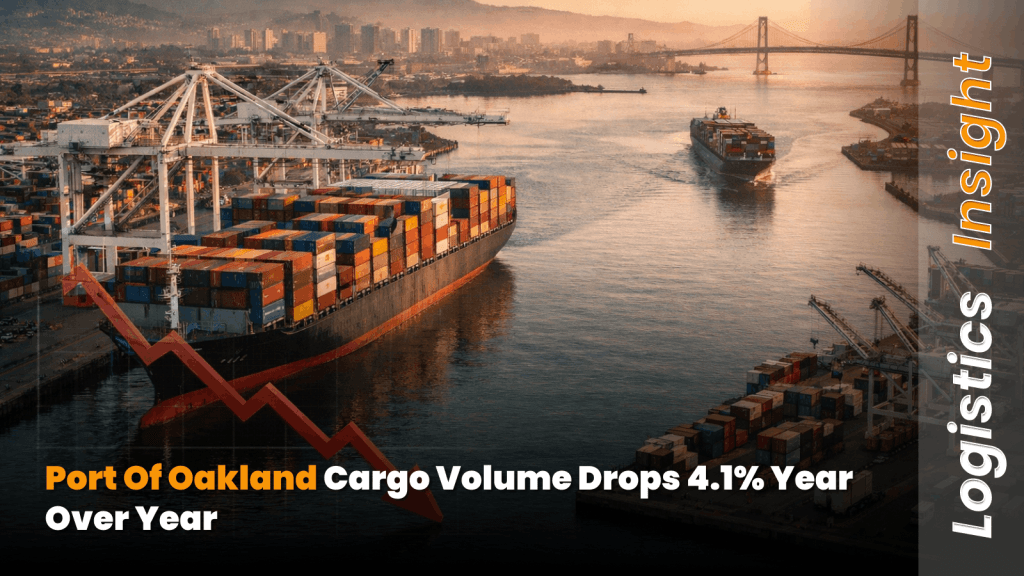
Beginner’s Guide to 3PL: Smart Logistics Outsourcing for Modern Businesses
In today’s competitive business environment, companies are constantly looking for ways to streamline operations and cut unnecessary costs. One area that often gets outsourced for greater efficiency is logistics.
Managing an in-house logistics team comes with heavy operational expenses, infrastructure investments, and the need for constant updates in technology and compliance. That’s where third-party logistics (3PL) comes in.
This beginner-friendly guide breaks down what 3PL is, the types of providers available, and the major benefits of outsourcing your logistics operations.
What is Third-Party Logistics (3PL)?
Third-party logistics refers to the outsourcing of logistics and supply chain management functions to an external provider. These companies handle key responsibilities like:
- Warehousing
- Transportation
- Inventory management
- Order fulfillment
Essentially, a 3PL provider serves as a logistics partner, bridging the gap between businesses and their customers. With specialized tools, industry expertise, and dedicated resources, these providers ensure supply chain operations run smoothly—without the business needing to manage logistics internally.
Types of 3PL Companies
Choosing the right logistics partner starts with understanding what type of 3PL service best fits your needs. Here are the most common categories:
- Full-Service 3PLs
These providers manage the entire supply chain process—from order receipt to final delivery. Their services often include:
- Storage
- Packaging
- Shipping
- Returns (reverse logistics)
- Real-time tracking
- Warehousing-Only Providers
Focused solely on storage and inventory control, these companies offer solutions like climate-controlled facilities, inventory rotation, and stock level monitoring.
- Transportation-Based 3PLs
Specializing in freight movement, these providers handle route planning, carrier selection, and cost-effective shipping. Their primary goal is timely and affordable delivery.
- Financial and Information-Based 3PLs
These firms bring advanced analytics and administrative services into play. They help businesses manage shipping costs, invoice auditing, compliance reporting, and supply chain data analysis.
Why Businesses Choose to Outsource Logistics
Here are several reasons why outsourcing supply chain operations makes practical and strategic sense:
Reduced Costs
In-house logistics requires major capital investment—such as owning a fleet, maintaining warehouses, and hiring specialized teams. Outsourcing eliminates these fixed costs and offers access to scalable services on demand.
Flexibility and Scalability
Market demands change. A reliable 3PL allows your logistics operations to adapt quickly—whether scaling up during peak seasons or adjusting during slow periods.
Advanced Technology
Third-party providers often use industry-leading tools, such as real-time tracking, automated inventory systems, and AI-driven route optimization. These tools enhance delivery accuracy and improve customer satisfaction.
Compliance and Risk Management
Regulations in the logistics space are constantly evolving. By partnering with a compliant and well-informed 3PL, your business avoids legal complications and stays up to date with transportation laws and documentation requirements.
What to Look for in a 3PL Partner
When choosing a logistics partner, it’s important to assess:
- Their industry experience
- The technology they use
- Their ability to scale with your business
- Past performance and customer feedback
- Their understanding of compliance and regulations
At Gravity Concepts, we take a customized approach to logistics. Our solutions are designed to grow with your business while keeping operations lean, efficient, and compliant. From freight transportation to warehouse management, we cover the full spectrum of 3PL services.
FAQs
What does a 3PL company do?
A third-party logistics provider manages key logistics functions like storage, transportation, and order fulfillment on behalf of another company.
Is outsourcing logistics cost-effective?
Yes. It eliminates the need for large infrastructure and labor investments while improving efficiency and delivery timelines.
How does a 3PL provider help with compliance?
By staying informed of regulations and handling documentation, they reduce the risk of legal issues or delivery delays.
Can a 3PL scale with seasonal business changes?
Absolutely. Most providers offer flexible plans and services that can be adjusted based on sales volume or market conditions.
What services does Gravity Concepts offer as a 3PL?
We provide warehousing, transportation, fulfillment, inventory management, compliance support, and tailored logistics consulting.
Final Thoughts
Third-party logistics is more than just outsourcing—it’s a strategic move toward efficiency, scalability, and long-term growth. Whether you’re a small business or a large enterprise, partnering with the right 3PL provider allows you to focus on your core operations while experts handle your supply chain.




Comments are closed